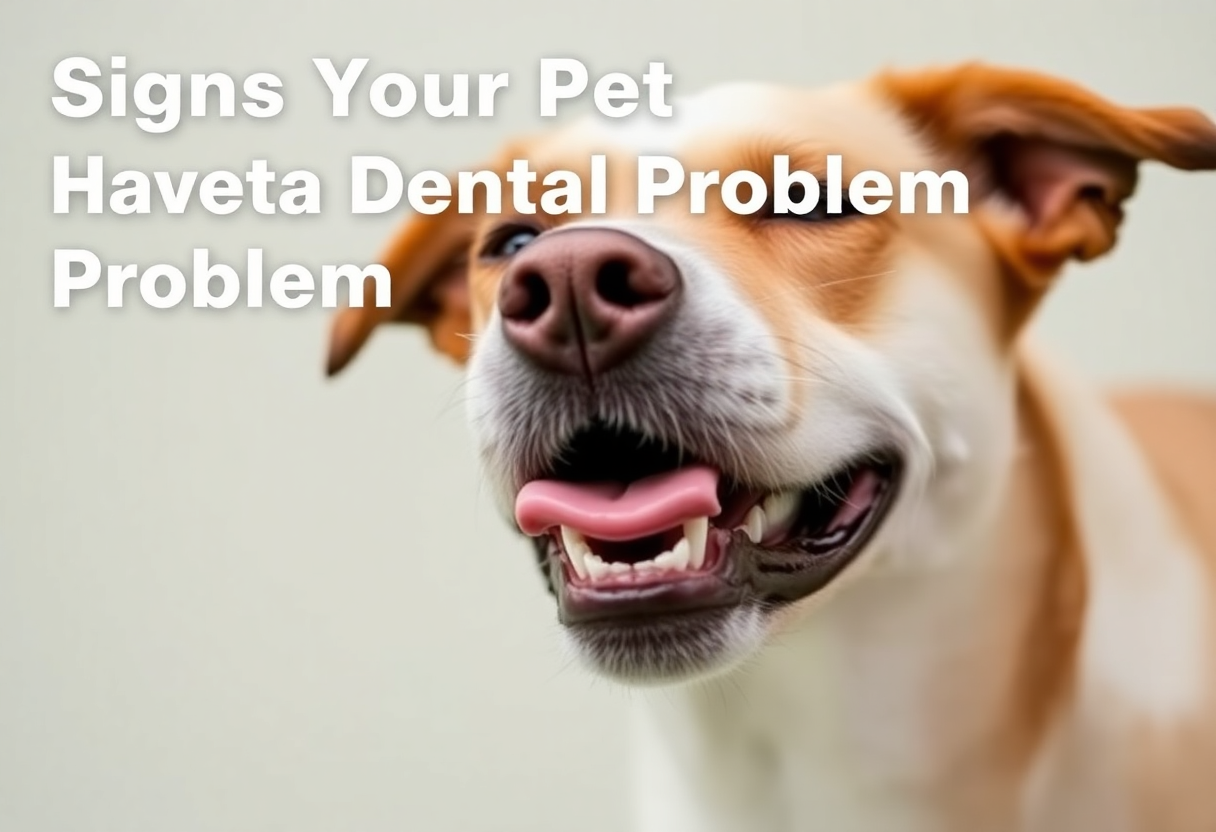Signs Your Pet May Have a Dental Problem and How to Fix It
Dental health is crucial for our pets, yet it is often overlooked by pet owners. Just like humans, pets can develop dental issues that, if left untreated, can lead to severe health complications. In this post, we will look at the common signs of dental problems in pets and discuss some preventive measures you can take.
Common Signs of Dental Problems
- Bad Breath: A persistent foul odor from your pet's mouth can be a clear indication of dental issues.
- Difficulty Eating: If your pet is struggling to chew or is avoiding food, it may be due to dental pain.
- Swollen Gums: Look for redness or swelling around the gums, which can suggest gum disease.
- Excessive Drooling: Increased saliva production can be a sign of dental discomfort.
- Loose or Missing Teeth: Check for any teeth that appear loose or have fallen out, which can indicate severe dental problems.
How to Address Dental Issues
While it’s important to consult a veterinarian for proper assessment and treatment, there are several steps you can take to maintain your pet's dental health:
Regular Dental Check-ups
Schedule regular visits to the vet for dental check-ups. Professional cleaning and examinations can help catch problems early.
At-Home Dental Care
Incorporate at-home dental care routines, such as brushing your pet’s teeth. Use pet-safe toothpaste and a toothbrush designed for animals.
Dental Chews and Toys
Encourage chewing with dental treats and toys that help clean teeth and massage gums.
Healthy Diet
Feed your pet a balanced diet that promotes dental health. Some pet foods are specifically designed to reduce plaque and tartar buildup.
Monitoring
Keep an eye on your pet’s oral hygiene and look out for any behavioral changes that might indicate discomfort.
Visual Indicators
Here’s an image that illustrates some common dental problems in pets:

Conclusion
Being proactive about your pet’s dental health can significantly enhance their quality of life. Recognizing the signs of dental issues and taking preventive measures can help keep your furry friend happy and healthy.